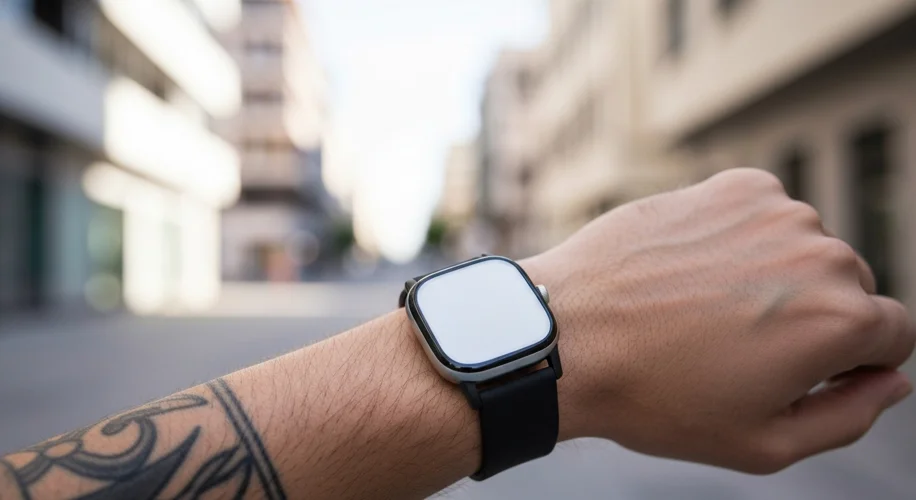Okay, so hear me out… Remember when smartwatches were mostly just for telling time and maybe counting your steps? Well, things have gotten seriously next-level. Today, August 10th, 2025, we’re diving into how the latest Samsung Galaxy Watch is packing some seriously innovative sensors that are pushing preventative care right onto your wrist.
I’m always keeping an eye on how tech integrates into our daily lives, especially when it comes to health. It’s not just about tracking workouts anymore; it’s about gaining deeper insights that could help us stay ahead of potential issues before they even become a problem.
AI is the Secret Sauce
What’s really changing the game here is Artificial Intelligence. The new Galaxy Watch isn’t just collecting data; it’s understanding it. Think about your sleep patterns. We all know sleep is crucial, but what if your watch could analyze the nuances of your sleep cycles – like how much deep sleep versus light sleep you’re getting, and how consistently you hit those stages? The watch uses its advanced sensors, including things like optical heart rate sensors and electrical heart sensors, combined with AI algorithms to spot trends.
For instance, it can detect subtle changes in your heart rate variability (HRV) during sleep. A consistent dip or change in your typical HRV could be an early indicator that your body is under more stress than usual, or perhaps not recovering as well as it should. It’s like having a tiny, super-smart health coach constantly monitoring your body’s signals.
Workout Smarter, Not Just Harder
On the workout side, it’s not just about logging reps or distance. The AI can analyze your workout data in conjunction with your recovery metrics from sleep and heart rate. Did you push too hard yesterday and it’s affecting your sleep quality and subsequent readiness for today’s workout? The watch aims to provide insights like that. It’s about giving you data-driven feedback to optimize your training, prevent overtraining, and help you understand how your body responds to different types of exercise.
Imagine your watch telling you, “Hey, your recovery score is lower today, maybe opt for a lighter workout or focus on stretching.” That’s not just tracking; that’s actionable advice powered by AI analyzing your specific data.
Preventative Care in Your Pocket (or on Your Wrist)
The real magic here is the shift towards preventative care. Instead of waiting for symptoms to appear, these AI-powered insights could potentially highlight patterns that might indicate underlying issues or areas where your lifestyle could be adjusted for better long-term health. It’s still early days for consumer-grade health tech in this deep of an analytical capacity, but the direction is clear.
It’s exciting to see how wearables are evolving from simple fitness trackers to sophisticated health monitoring tools. This latest Galaxy Watch seems to be a big step in that direction, using AI to turn raw data into genuine, personalized health insights. It’s definitely something I’ll be keeping an eye on, and maybe you should too!

